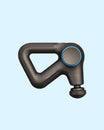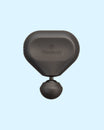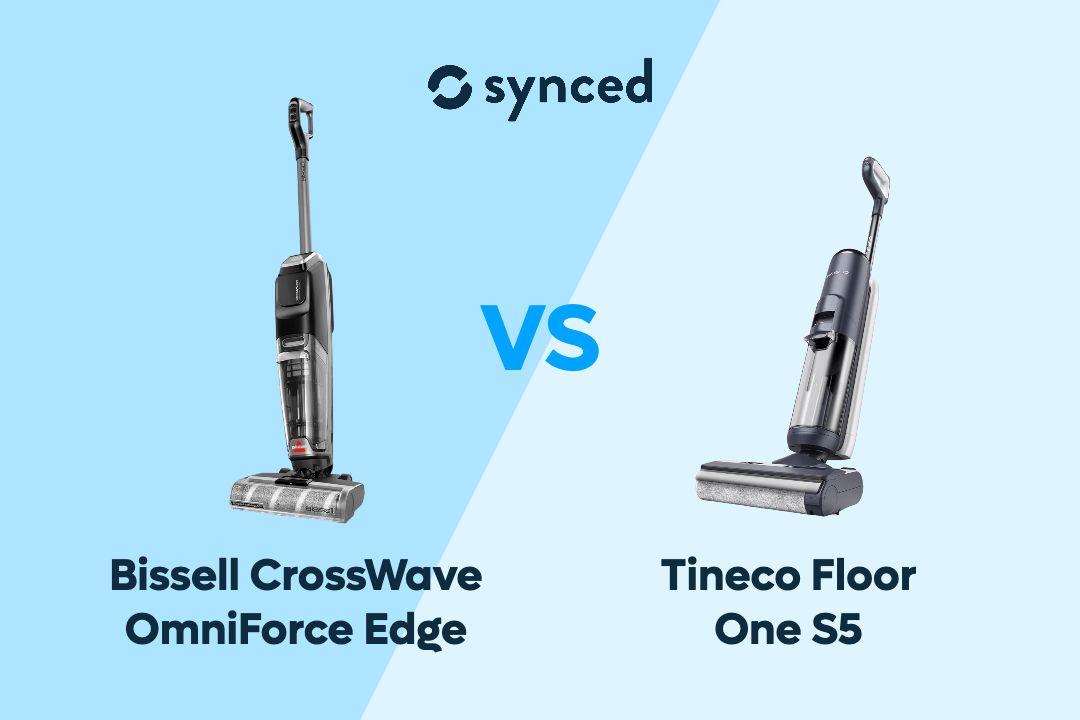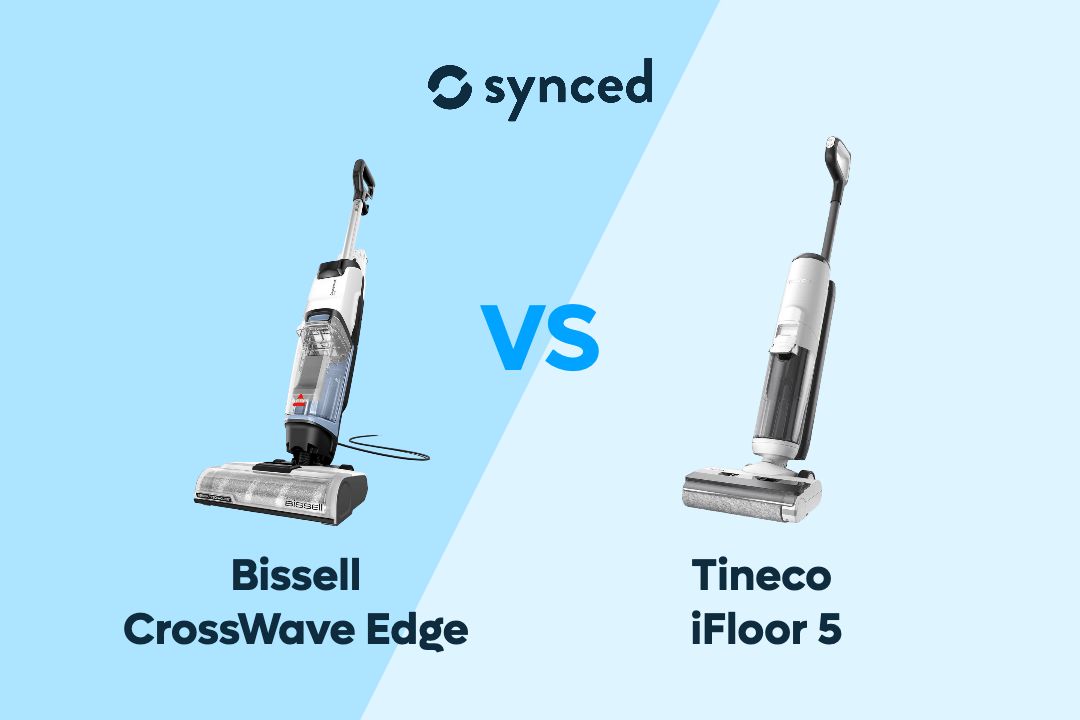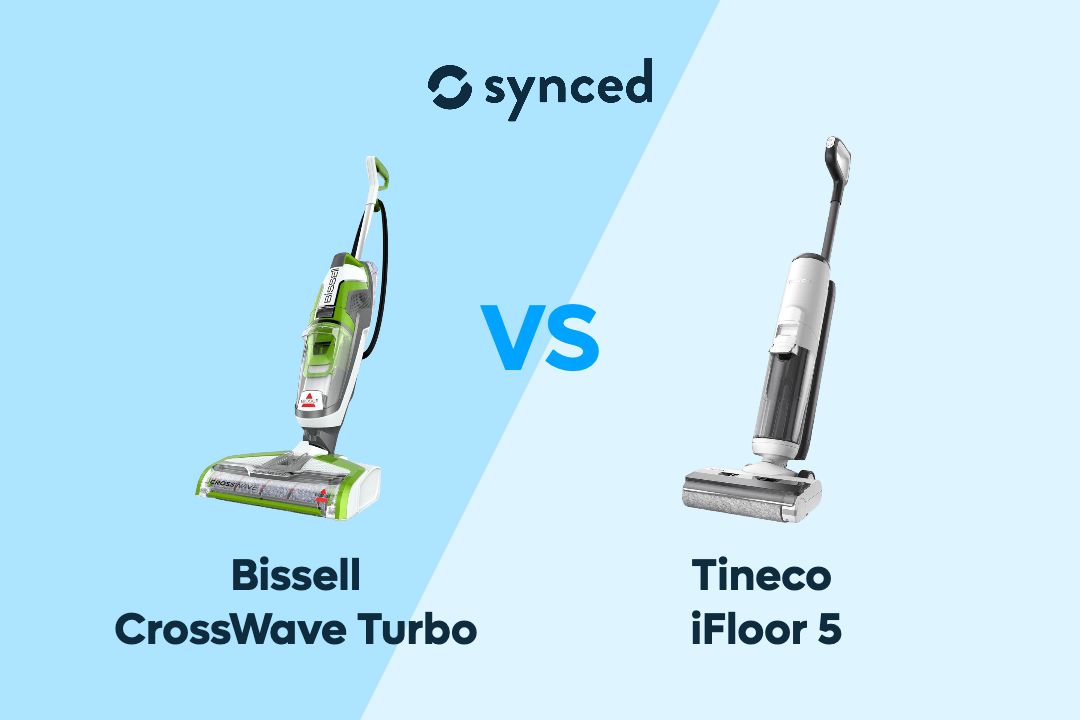DJI Mic 2 vs Rode Wireless Go II: Choose Wisely!
By Naila Syifa
Updated January 2024

In today's world, audio quality is just as important as the visual quality of your content. Whether it's for podcasts, video production, or live streaming, having the right microphone can make all the difference. In this article, we'll be comparing two popular wireless microphone systems for content creators: the DJI Mic 2 and the Rode Wireless Go II.
Both the DJI Mic 2 and Rode Wireless Go II are compact and designed to be used on the go. They both offer wireless connectivity and are easy to use. However, there are some key differences between the two systems that may make one more suitable for your needs than the other. Let's take a closer look at each microphone system and compare their features.
Key Takeaways
DJI Mic 2 has larger storage and greater range than Rode Wireless Go II. It includes all the important accessories, while the Rode model requires some extra cables to connect to smartphones. Rode Wireless Go II has longer single-charge battery life, but DJI Mic 2 has longer overall battery life with its charging case. DJI Mic 2 also has more sophisticated features like built-in noise canceling and Bluetooth connection.


DJI Mic 2
Pocket-Sized Pro Audio
✓ Omnidirectional Audio
✓ Intelligent Noise Cancelling
✓ Direct Bluetooth Connection
✓ Battery Up To 18 Hours

Rode Wireless Go II
Entry-Level Microphone
✓ Omnidirectional Audio
✓ Safety Channel
✓ Universal Compatibility
✓ Battery Up To 7 Hours
#1 Price

DJI Mic 2
Generally, the Rode Wireless Go II is more affordable than the DJI Mic 2. A Single Channel set consisting of one transmitter and one receiver costs around US$199, while the same set for the DJI Mic 2 costs around US$219.
Meanwhile, a Dual Channel set of the Rode Wireless Go II, which consists of two transmitters and one receiver, retails for around US$299, while the DJI Mic 2 charges around US$349 for a set of two transmitters, one receiver, and a charging case.
Despite its higher price range, the DJI Mic 2 is also available at a lower price of only US$99 for a single transmitter. This is a great option for solo content creators who want an affordable, simple microphone system primarily used for mobile phones or Bluetooth-enabled cameras. The Rode Wireless Go II, on the other hand, does not have a single transmitter option.
#2 Design

Rode Wireless Go II
While the DJI Mic 2 has a sleek and modern design, the Rode Wireless Go II has a more industrial look with a rectangular shape. Its transmitter and receiver look very similar like small black boxes, but the receiver features an LCD that shows important information such as battery life, signal strength, and audio levels.
The receiver of the DJI Mic 2, on the other hand, features a higher-quality OLED touchscreen display combined with a precision dial for adjusting parameters like gain, volume, or brightness. The transmitters also feature a back clip and the magnetic mounts make it easy to attach to clothing. In addition, the DJI Mic 2 comes with a sleek charging case that not only charges the microphones to provide additional battery life, but also functions as an all-in-one storage for the microphones and their accessories.
Though the DJI Mic 2 has some advantages in terms of design and visual appearance, both wireless microphones are compact, lightweight, and easy to carry around, making them ideal for content creators who are always on the move.
#3 Audio Quality & Features

DJI Mic 2
There are several audio features that the DJI Mic 2 and Rode Wireless Go II share in common, such as omnidirectional recording to capture sound from all directions, a safety channel to record a second audio track as a backup, and the flexibility to record dual-channel audio or have them combined into a single channel (dual-channel audio is supported only in the two-transmitter sets).
However, the DJI Mic 2 has an advantage in terms of audio quality due to its Intelligent Noise Cancelling feature, which filters out background noise to produce crystal-clear audio. It also has strong anti-interference capabilities, which helps to maintain a stable and reliable wireless connection, even in crowded areas.

Rode Wireless Go II
Additionally, the DJI Mic 2 has a larger storage capacity of 8 GB, which allows users to record up to 14 hours of uncompressed audio, while the Rode Wireless Go II has a storage capacity of only 7 hours.
The DJI Mic 2 even supports 32-bit float internal recording, which provides better dynamic range and flexibility for post-production editing. This feature makes it a great choice for professional content creators who require high-quality audio recordings with greater detail and accuracy.
#4 Connectivity & Range

DJI Mic 2
Both the DJI Mic 2 and Rode Wireless Go II are universally compatible with smartphones, cameras, laptops, and other devices that have a 3.5mm audio jack or USB-C port. However, one thing to note is that while the DJI Mic 2 includes all the required accessories for connecting to various devices, the Rode Wireless Go II only includes a TRS to TRS cable and a USB-C to USB-A cable required for connecting to cameras or laptops. To connect to an Android smartphone, you'll need to buy a separate USB-C to USB-C cable, and to connect to an iOS device, you'll need an additional USB-C to Lightning cable.
In addition, the DJI Mic 2 has another advantage with its direct Bluetooth connection feature, which allows users to connect the microphone to their mobile phone without the need for a receiver or any cables. This makes it even more convenient for solo content creators who want to record high-quality audio while on the go.
In terms of range, the DJI Mic 2 offers a better deal as well. It has a greater range of up to 250 meters (820 feet), while the Rode Wireless Go II has a range of only 200 meters. This means that the DJI Mic 2 is better suited for outdoor use or in larger indoor spaces where the subject and the recording device are far apart.
#5 Battery Life

Rode Wireless Go II
Rode Wireless Go II offers a longer battery life of up to 7 hours, while the DJI Mic 2 has a battery life of up to 6 hours for each of its transmitter and receiver.
However, as the DJI Mic 2 comes with a charging case, users can extend the battery life of the microphones up to 18 hours in total, making it a great choice for content creators who need to film for extended periods of time without access to power outlets.
DJI Mic 2 vs Rode Wireless Go II
Final Thoughts

DJI Mic 2
At a glance, the DJI Mic 2 offers a better deal compared to the Rode Wireless Go II. It has a stylish and intuitive design, has larger storage capacity, greater range, better connectivity, longer overall battery life, and is equipped with more sophisticated features like noise canceling, 32-bit float internal recording, and direct Bluetooth connection.
However, the DJI Mic 2 may not be the best choice for everyone due to its higher price point, especially for those who don't require its advanced features or are only looking for a simple, affordable microphone system. The Rode Wireless Go II may be a better option for those on a budget who find its features, range, connectivity, and battery life sufficient for their recording needs.
If you like to read more about Wireless Microphone, check out our other relevant guides here:
DJI Mic 2 vs DJI Mic
DJI Mic 2 vs Rode Wireless Pro
DJI Mic 2 vs Hollyland Lark M2
Don't miss out on tech
Subscribe to our newsletter to stay up to date on the latest tech trends and guides on the best gadgets around.


